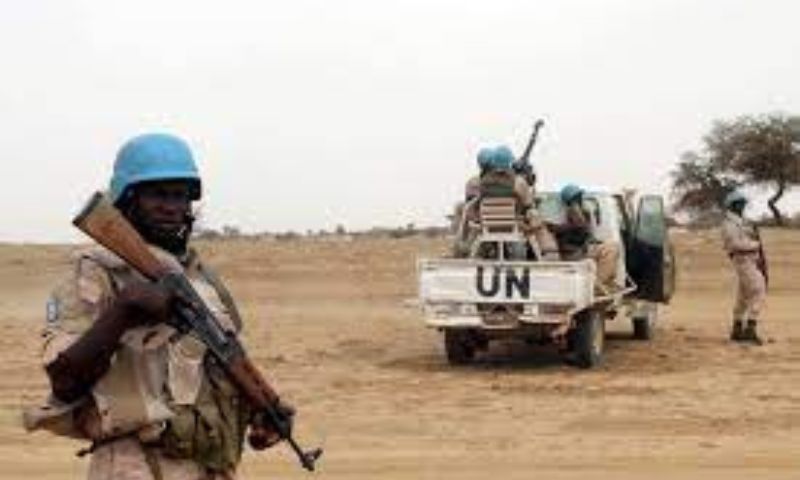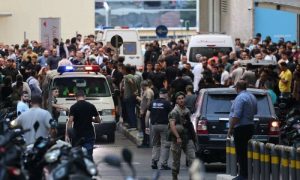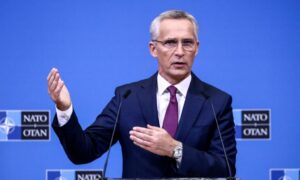UNITED NATIONS: The UN Security Council unanimously decided on Friday to conclude the long-standing peacekeeping mission in Mali, following the country’s military junta aligning with Russia and demanding the withdrawal of the international force engaged in combating jihadists.
Respecting the principle that peacekeepers require consent from the host government, the Security Council voted to initiate the winding down of the mission despite concerns from Western powers about potential new instability in the troubled nation.
The decision comes two weeks after Malian Foreign Minister Abdoulaye Diop surprised the Security Council by labeling the UN operation, known as Minusma, a “failure” and calling for its immediate termination. Mali’s relationship with the United Nations has significantly deteriorated since a 2020 coup brought a military regime to power, leading to the severance of defense cooperation with France, the former colonial power.
Instead of maintaining ties with France, the junta has embraced Russia and enlisted the support of the Wagner Group, the notorious mercenaries involved in a recent mutiny against President Vladimir Putin.
“We deeply regret the transitional government’s decision to abandon Minusma and the harm this will bring to the Malian people,” said senior US diplomat Jeffrey DeLaurentis, acknowledging the US disappointment while expressing agreement with the withdrawal timeline set to be completed by year-end.
Russia’s deputy ambassador to the UN, Anna Evstigneeva, stated that the authorities in Bamako aimed to assume “full responsibility” for security and emphasized Russia’s commitment to providing comprehensive support for normalizing the situation in Mali.
According to the resolution led by France, the peacekeepers will gradually reduce their main activities starting Saturday and concentrate on completing their departure by the end of the year. They will, however, retain the authority to protect civilians from “imminent threats of violence” in their surrounding areas.
Minusma, established in 2013, has been the most expensive UN mission, costing $1.2 billion annually, with 174 peacekeepers losing their lives during its tenure. While the UN mission had been expected to be extended despite tensions with the junta, the intervention by the Malian foreign minister altered the course. Secretary-General Antonio Guterres had earlier proposed renewing Minusma while streamlining its operations.
UN Chief Acknowledged Peacekeeping Mission’s Shortcomings
Guterres acknowledged the mission’s shortcomings but referred to it as “invaluable” in his report, citing the perception of extremist groups as an “existential threat” by several countries in the region. These nations sought to bolster Minusma’s capabilities to counter such threats.
The termination of Minusma presents a colossal logistical challenge for the United Nations, involving the retrieval of equipment, helicopters, and armored vehicles. “Securing the constructive cooperation of the Malian authorities will be essential to facilitate the process,” stated a spokesperson for UN peacekeeping operations.
While the mission’s withdrawal was expected, the timeline became the focus of heated negotiations in recent days, with Mali and Russia advocating for an expedited departure, while other nations expressed concerns about the rushed timeframe.
Experts have raised concerns that the Wagner Group may assume control of Minusma facilities once the mission concludes. Julie Gregory from the Stimson Center warned of the potential dire consequences for civilians, predicting an escalation of violence by violent extremists, particularly in the north, and an increased likelihood of confrontations with national forces.
Russia has maintained that its paramilitary forces, including Wagner, will continue operating in Mali and other African nations, despite the recent mutiny by Wagner Group’s leader Yevgeny Prigozhin. Russia had previously claimed that Wagner operated as a private group, but following the rebellion, they admitted direct funding of their overseas operations, which have drawn widespread criticism from the West and human rights organizations.























